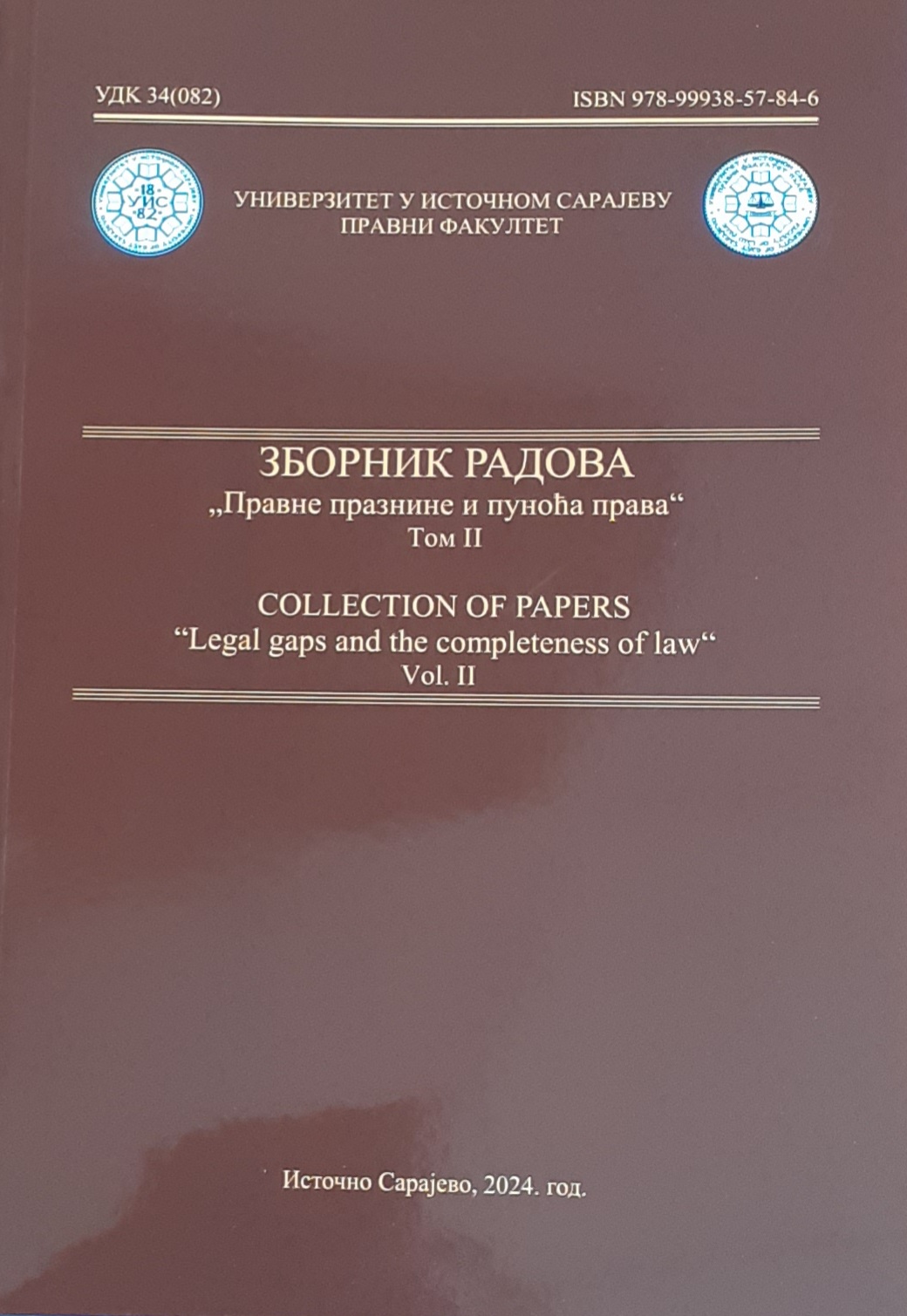Filling Legal Gaps in Law Systems Through Various International or National Factors Other Than Laws and Constitutions
Filling Legal Gaps in Law Systems Through Various International or National Factors Other Than Laws and Constitutions
Author(s): Zehra Odyakmaz
Subject(s): Law, Constitution, Jurisprudence
Published by: Правни факултет Универзитета у Источном Сарајеву
Keywords: Legal gap; High courts; Equality bodies; Ombudsman; Integrity;
Summary/Abstract: In a state of law, legal gaps are usually filled by constitutional amendments, enactment of new laws or amendments to laws. It is very difficult for a country to fulfill the necessary conditions for a new constitution. It also takes a long time for laws to be passed by parliaments.The subject of this study is to demonstrate with concrete examples how a legal gap can be filled not only by legislation but also by the decisions of international courts, equality bodies and ombudsman institutions. Countries have analyzed rights and principles like to right to be forgotten and legal certainty in constitutional courts and ombudsman institutions and implemented them by administrative authorities before including them in the constitution and laws.The aim of this study is to show that even institutions such as the ombudsman, which issue only advisory decisions, may change the practices of administrative authorities in a country. From an international perspective, EU Council Directives, the EU Charter of Fundamental Rights, judgments of the Court of Justice of the EU and the ECtHR directly or indirectly fill the gaps in domestic law.The point that we would like to emphasize in this study is that the decisions of such institutions, especially on human rights or human rights related issues, can influence over time even the that country’s high courts.The question of ensuring integrity can be divided in two parts: ensuring integrity in international law or ensuring integrity in national law. However, in this article, we will not restrict the subject to ensuring only national or only international integrity. Because, in our opinion, the binding judgments of the Court of Justice of the EU in terms of international law are implemented in the EU member states and these countries are already integrated. Countries that accept the ECtHR jurisdiction also ensure integration in practice in accordance with this high court decisions .In conclusion, this study will show with examples that, before the laws are drafted and come into force, legal gaps, especially in administrative law which is a case law, can be satisfactorily filled through the decisions of international high courts, equality bodies in countries and non-binding advisory decisions of ombudsman institutions.
Book: Зборник радова"Правне празнине и пуноћа права" Том II
- Page Range: 1-44
- Page Count: 44
- Publication Year: 2024
- Language: English
- Content File-PDF

